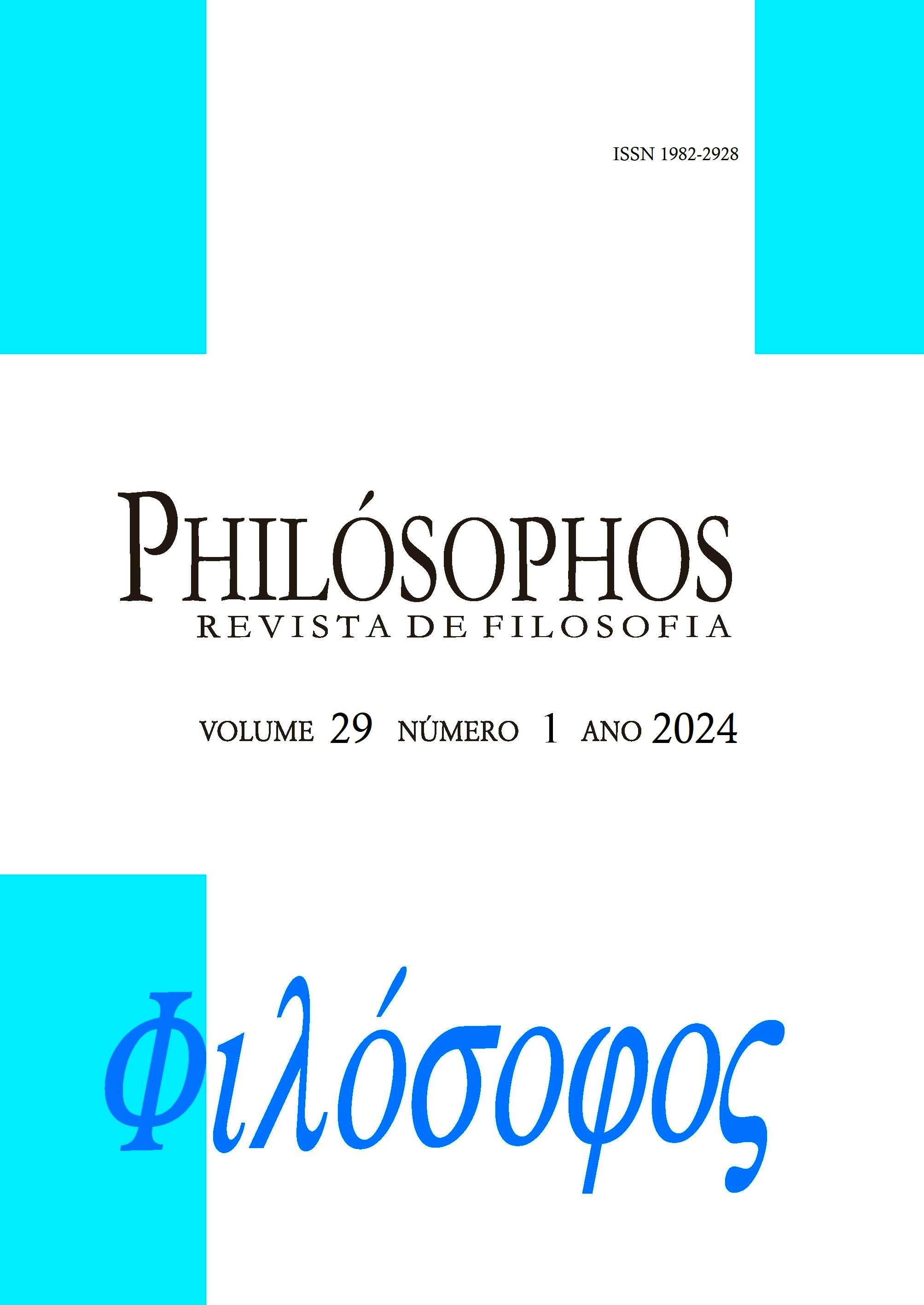Eric Weil and the (non)meaning of a world shaped by Science
DOI:
https://doi.org/10.5216/phi.v29i1.78660Keywords:
Ciência, Modernidade, Sentido, Valor, Filosofia.Abstract
Based on the work of Eric Weil, this article analyzes the historical conditions for the emergence and evolution of modern science, reflecting on its meaning for our civilization. Divided into three distinct parts, the text begins by investigating the historical circumstances that gave rise to modern science and its progress until it became the basis of the “Cartesian dream”. It then examines the paradox inherent in the modern conception of science, highlighting its supposed “axiological neutrality”. This paradox is evident when the freedom of science from value considerations is itself considered a fundamental value. In this context, one must simultaneously recognize the importance of science in controlling nature and history and its insufficiency in dealing with the question of the meaning of this domain. Finally, the text addresses the common reactions to the challenge of the meaning of science: scientism and scientific denialism. The latter argument is developed within the framework of the relationship between philosophy and science.
Downloads
Downloads
Published
How to Cite
Issue
Section
License
Copyright (c) 2024 Philósophos a journal of philosophy

This work is licensed under a Creative Commons Attribution-NonCommercial-NoDerivatives 4.0 International License.
Authors who publish in this journal agree to the following terms:
- Authors retain copyright and grant the journal right of first publication, with the work simultaneously licensed under a Creative Commons Attribution License that allows others to share the work with an acknowledgement of the work's authorship and initial publication in this journal.
- Authors are authorized to enter into separate, additional contractual arrangements for the non-exclusive distribution of the journal's published version of the work (e.g., publishing in an institutional repository or as a book chapter), with an acknowledgement of its authorship and initial publication in this journal.















